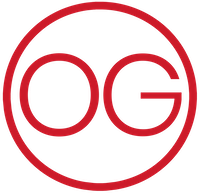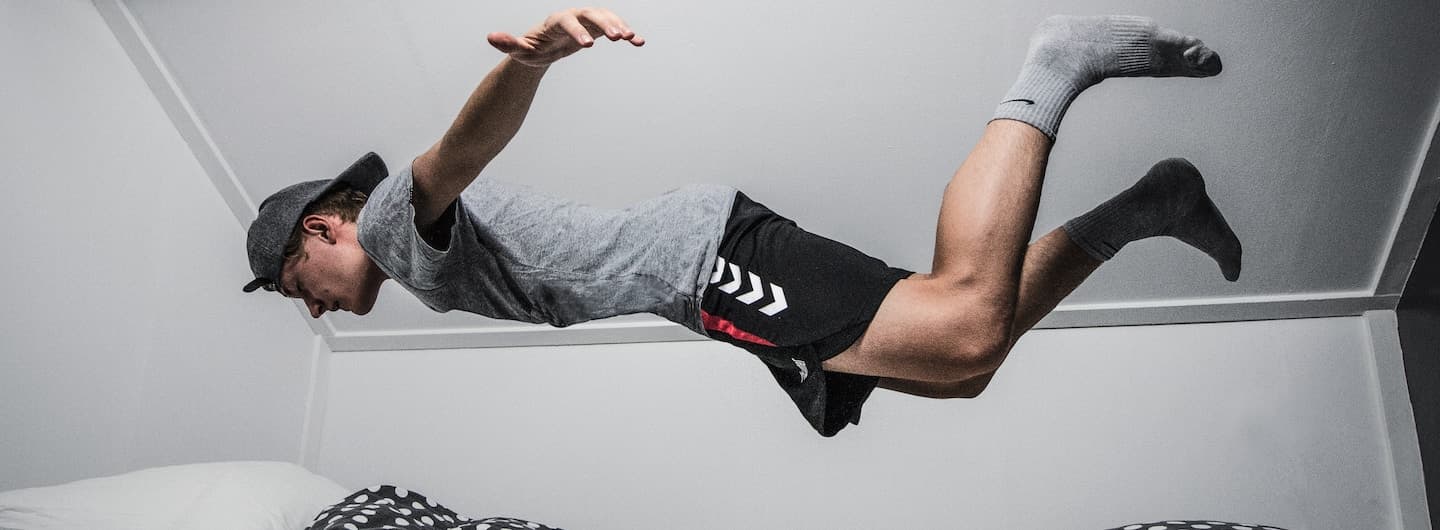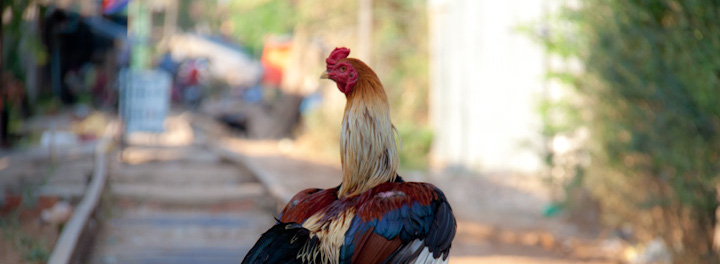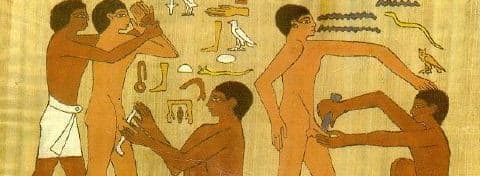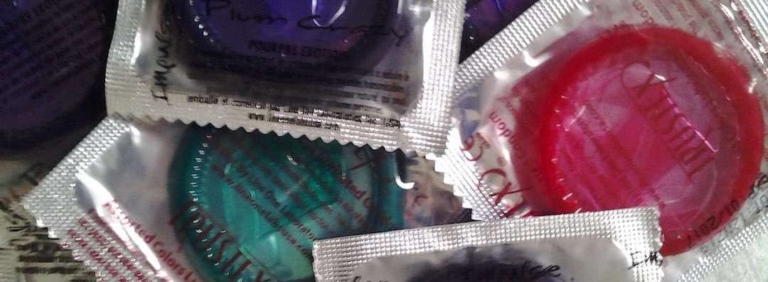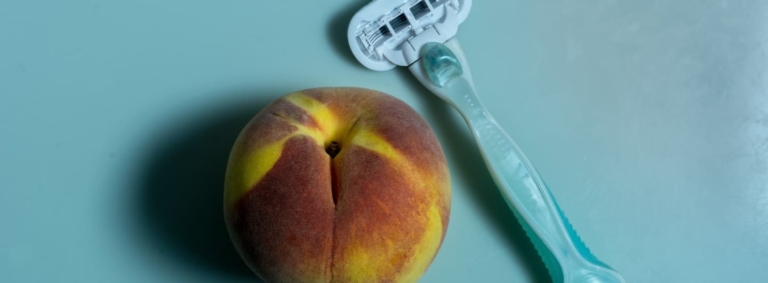Sleep and Orgasm: Beauty From The Abyss
Sleep and orgasm are two parts of the same equation and a path to pleasure that both heals and renews. Here’s help if sleep and orgasm elude you.
Sean Christopher
Join me in my healing.
I’m in pursuit of sleep for decades. While the rest of the world lay buried naked in their 600-thread count sheets and erotic fantasy, I read the junk mail. This is my peace accord with sleep. It’s proving better than I thought.
Now I lay me down to sleep
Seven nights with zero sleep. Through snot and tears gushing and shuddering sobs I burst out, “It’s not my fucking fault! I don’t know what to do!” Holly took me to urgent care on Friday afternoon to at least do something. I walked out with a bag of drugs and an appointment with a psychologist. Four hours later, I was looped on Ambien and seriously conversing with my fingers. Seven minutes after that I slept nine hours. Something that hadn’t occurred to me in years. This was nothing new — I was already decades into a war with sleep.
When I was eleven, I began my work life and rose at 4:30 each morning to deliver newspapers. I felt powerful stalking the dark hours of early morning and producing cash while poor sluggards slept. I felt an edge — responsible. After school, I’d deliver again.
Adults told me, “Sleep when you’re dead.”
“Are you going to sleep your life away?”
I’d show them what I was made of.
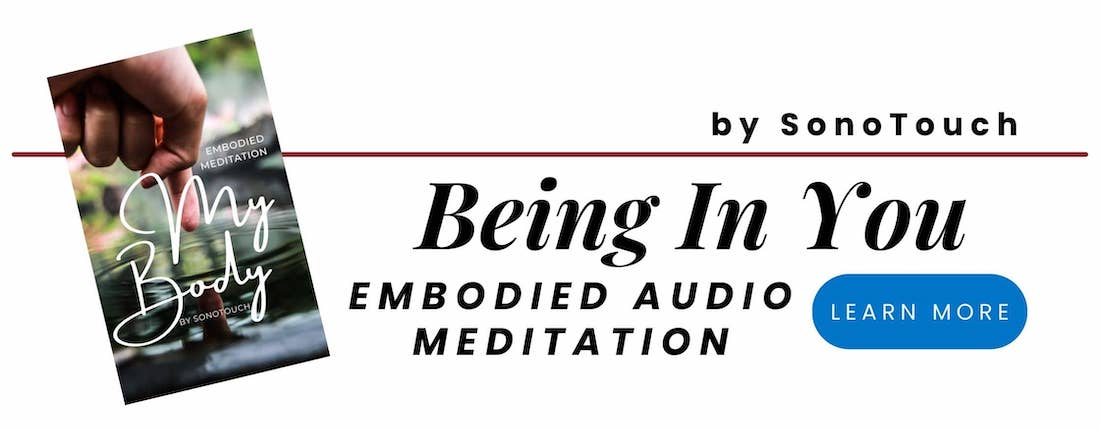
Sleep, in my impressionable eleven-year-old mind, evolved into a waste, a speedy path to sure failure and fundamentally irresponsible.
So, I gave it away.
Oblivious to the catastrophic consequences of these lame beliefs, I persisted in my delirious drive through six years of high school, college, and beyond. I replaced rest with self-discipline and easily pulled all-nighters at my job and always arrived in the morning before any of my colleagues.
When I returned to college to work on another degree, occasional nights of insomnia developed. It shouldn’t have surprised me.
Though I didn’t understand then, now I know that over the years I conditioned myself to regard sleep as an inconvenience at best and irresponsibility at worst. I learned to value sleep as an interruption to my life. Sleep was little more than a delineator between today and tomorrow and often a conduit that ushered in another day which I often dreaded. Sleep endured the indictment of impending pain. Or sleep was something to be conquered. “I’m going to try to get some sleep. Hope I can sleep. If I don’t sleep, I don’t know what I’ll do. It’s going to be a shit day, I got no sleep.” No scenario offered much.
I pray the Lord my soul to keep
Sean D’Sousa writes about an education sequence that I use frequently when teaching groups in my community development programs, career development, sex education, and coaching. My students enjoy awesome results through intense learning and then integrating information into processes and mindsets through play. Play is as important as the intense systematic learning piece.
There remains one critical component — sleep. It’s no euphemism for anything. Just your basic naked sleep. Sleep organizes and indexes everything in our brains. Sleep tags and attaches bits of information, perspective, and experience so that learning will be useful for us in the coming days. Sleep unclutters our minds. Sleep is like sorting laundry, cleaning and filing piles on your desk, or cleaning all the trash out of your glove box. And sleep handles more than information.
Sleep also restores and heals our cells, systems, tissues, and organs. Some of these functions occur only in sleep when hormones are released. They happen at no other time. Almost all of our emotional and physical recovery and restoration take place during sleep.
My chiropractor, Dr. Josh, mentioned recently, “Dang, people require four ninety-minute REM cycles every night. You’re only getting one or even none.”
That scared me. That really bothered me. I felt a huge loss. I nearly cried.
I was talking with a colleague about sex education and how important I felt it was for my students to acquire a sense of the importance of sex in their life. “When you abandon sex,” I said, “you essentially relinquish your sense of existence. You give up.” She said, “Well, yeah, I get all that, but still, you don’t have to have sex. It’s not like food or water.”
I looked at her cross-eyed.
She looked back knowing she’d just stepped in it.
Yeah, you can stop caring for yourself sexually, stop nourishing your erotic energy, stop your frequent indulgence in orgasm, set aside all value of pleasure and creativity in your life, and what remains of you? You sit stone-eyed and dull — unable to engage your soul with life. But you can eat and drink water.
Yippee.
You don’t exist. Face it. When you abandon orgasm, you don’t exist.
Sleep is sex. Or should I say that sleep is orgasm? Call it what you want, but we experience it the same.
Sleep and orgasm are two parts of the same equation and a critical part of our sexual recipe for thriving. We enjoy erotic pleasure in sleep. Penis owners know this. We enjoy as many as five thirty-minute erections during our REM cycles. That’s as much as two and a half hours of hard-on each night of glorious sleep. Vagina owners also know that orgasm in sleep increases in frequency and intensity with age. Do you think it’s important?
This is my mourning — my loss. And in order to fully appreciate this pleasure, we must recognize that sleep is our right. A right that I gave away for a faux responsibility when I was eleven. I paid for this all my life suffering in health and foreshortened ability to experience pleasure.
Sex is also a human right. To experience sexual pleasure is everyone’s human right. Socially, however, we restrict that unencumbered right with ideas of moderation and unfounded fear of excessiveness with, “Well, you don’t really need it” comments. Sleep is no different. The bible and parents rail against sleep in much the same way as sex. Children require sleep. When I was eleven, I should have been sleeping. In the same way, adults need to support children and young people in their sexual development, the pleasure of orgasm, and their participation in sex.
Frequent pleasure in orgasm is a portal to many of the same fundamental healing benefits of sleep — a rush of hormones that tell our bodies and brains to heal, recover, reset, and thrive.
Sleep and orgasm tell us to let go. Sleep and orgasm seize control. Losing control in orgasm is one of the sexiest and most beautiful things known. And giving up control is the best sleep imaginable.
Think of those few moments you first sense awareness after an amazing sleep. You come awake and you are in control of nothing. Only awareness dawning with zero responsibilities, manipulations, or even desire. You simply are. You barely exist. This is the sweet spot of orgasm and the sweet spot of sleep. This is the place where they intersect where the beauty of both brings their own angle of pleasure and healing and the simplest awareness of your existence and the most accepting of your identity. This is pure existence.
If I should die before I ‘wake
Sleep and orgasm are a zone of indescribable pleasure and beauty squarely situated between wake and death. This death is not the destruction to be feared or shied. No, this death is the mandatory and momentary stop before new life. And both sleep and orgasm take us there.
Our concept of sleep and orgasm have always mirrored death — sometimes with fear but more often with anticipation. The French expression, la petite mort, offers a glimpse of a “little death” not as a prequel to permanence but a prelude in orgasm to another life reborn. A walk in the forest reveals thousands of stories of death before life — seeds and cones, decay, and metamorphosis. Both sleep and orgasm ferry us daily and again to a zone of death on the brink of restored life — fresh confidence in the human condition.
There’s a sure connection to our existence and a sense of confidence with this. If I’m holding tight to my imagination of myself and fear losing it in either orgasm or sleep, I fear falling into both. Orgasm is definitely suppressed because I’m trying to control it and sleep is something I just use to delineate my days and nights. I don’t really fall into it and lose myself in nothingness. Both sleep and orgasm persist asking us to release ourselves into the abyss — that place of nothingness. Sleep and orgasm are where we check our egos at the door and say okay, I’ll fall for this; I’ll give up control. The loss of control is what heals us and we reset our grip on our view of ourselves.
Sleep takes us to a place where we have no attachments and no effect on anything or anyone. Another part of our brain takes over the control of our existence and cognition ceases at least in the way we’re accustomed in wakefulness. Our guidelines for thought are disposed and our deepest places become our beautiful abyss of existence. This is the place where our being exists in its truest honesty. No one sees it. Most often we don’t even see it. Our only glimpses are the fuzzy dreams we recall.
Orgasm is similar to sleep. Our systems release their constraints and a physical and emotional free for all ensues. In orgasm, there is total acceptance of self. Any attempts to control or restrain are thwarted and we have little choice but to join ourselves in the beautiful abyss. You, your opinions, sense of control are no longer necessary in this wild void of existence. A void of the most primitive pleasures.
I pray the Lord my soul to take.
Walk into the water until your feet don’t touch — Shit, what now?
That’s pretty much it. That’s how we drop into the beautiful abyss.
It feels unnatural. After all, we carefully plan many of our pleasurable experiences — times, places, with whom, and supplies. It’s crazy to think that doing less or even nothing might be the shortest path to your most profound pleasure. That’s all true.
You are on a path, though, that leads you directly to the core of yourself. And for many people, this poses a supreme threat. Self is not someone we want to know any better. Self is a reminder of failures and a source of unending annoyance. Self is a shitload of guilt. Self is a to-do list, weakness, disappointment, and lack. Self is not someone I want to meet today, thank you.
Thought of anything erotic related to self represents weirdness when partnered sex and pleasing that partner is the project of the hour. As concerns sleep, isn’t that just a practical and healthy thing? It’s not supposed to be pleasurable — especially on a weeknight.
Indeed it’s a bit counterintuitive how you get here — you go down to get up and give up in order to try. Stop trying and just let your body and being do its trick. Fall to sleep. Fall into orgasm. Then again it makes absolute sense because you know that pleasure is contained inside of you. And, meeting yourself is pleasure.
You contain all the pleasure, more than enough pleasure to meet all your needs for a lifetime. Pleasure is unquantifiable. No tricks really to achieve it. Nothing you have to do. No tools. No, you just give in and your body knowing what to do takes you to that zone of being the closest you can get to pure existence — your existential zone of pure self — pure pleasure.
When the abyss feels too deep for sleep and orgasm
A laundry list of issues prevents many of us from entering our beautiful abyss of sleep and orgasm. Stress, anxiety, medication, PTSD, guilt, and a crowded life are only a few of the things which stand between us and the rewards and pleasure of sleep and orgasm which heal us. Most of the time, help and honesty cast light on the right path. Long-term sleep deprivation or avoidance of orgasm is never beneficial. It’s never helpful to take an adversarial approach with either. There are many routes to discover your point of letting go and once again enjoying sleep and orgasm. Ask for help.
There are two areas of healing art that help depending on your particular need. Your feeling of receptivity will tell you which helps you the most. The first involves reconnecting yourself with your body. Often our quality of sleep and orgasm either suffer or never reach satisfying potential because we dissociate from our bodies. Our society teaches us to do that. Practices like yoga, acupuncture, massage, and bodywork — anything involving calming touch. Reviving an intentional practice of gentle masturbation is central.
The second area of healing art involves the mind and spirit. Talk therapies, hypnosis, meditation, creative arts, and outdoor activity all can help realign and deepen the qualities of your experience in both sleep and orgasm. Cognitive-behavioral therapy for insomnia, for some, can teach a skill to recover a lost natural rhythm.
Another practice that interestingly falls into both healing arts camps is breathing practice. Breath reaches both the body and mind and offers surprising and quick results even in the occasional cases of elusive sleep or orgasm. Learning breathing techniques to manage the physical and mental balance at the moment is always useful.
How does this work when you have a partner or partners or just others in your life with whom you want to be intimate? Isn’t orgasm something someone else gives you? And, sleep seems kind of selfish. Allowing yourself to fall into orgasm or sleep is an experiment in self-esteem in the presence of others. Yes, you can allow someone to practice their self-esteem. People can support one another’s love, compassion, and enjoyment of themselves. And very truly those who travel erotically solo in life frequently relate to themselves as another.
You hold space for the other person to experience their own depth of pleasure and appreciation for self. And in ourselves, we release all guilt for looking inward and experiencing pleasure.
Allow your pleasure to go the way of least resistance. Sleep and orgasm are more about allowing than achieving. Meanwhile, I continue to learn about my own relationship with sleep. It’s sometimes passionate and sometimes rocky. We’re growing together in our discovery.
Share your thoughts about sleep and orgasm below.
Feature Photo by Floris Jan-Roelof Huiskamp on Unsplash
